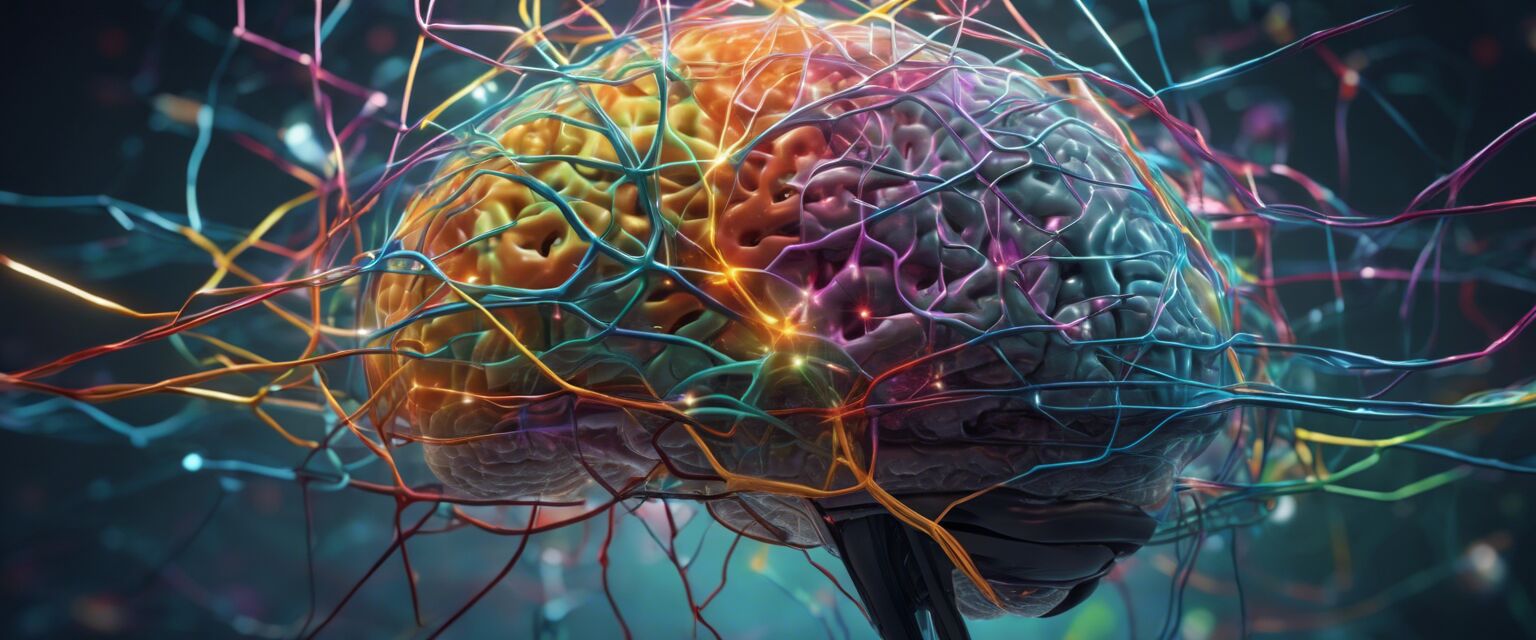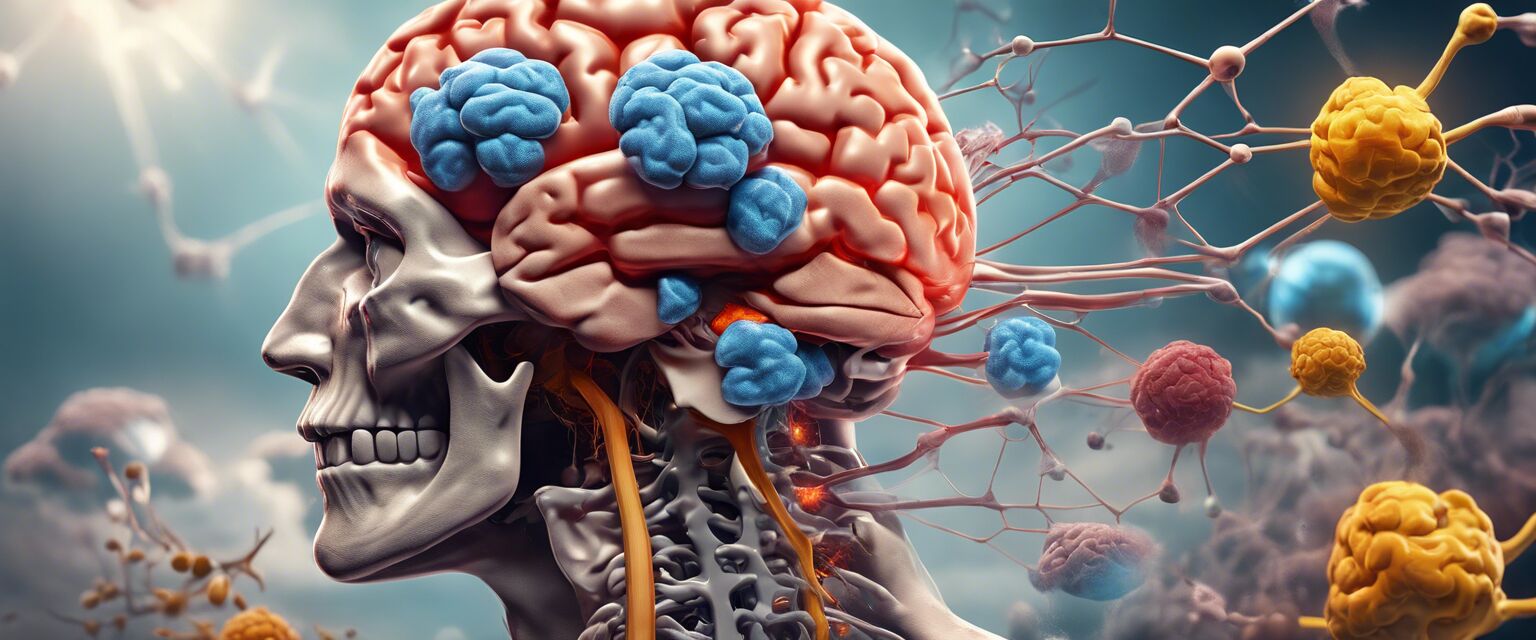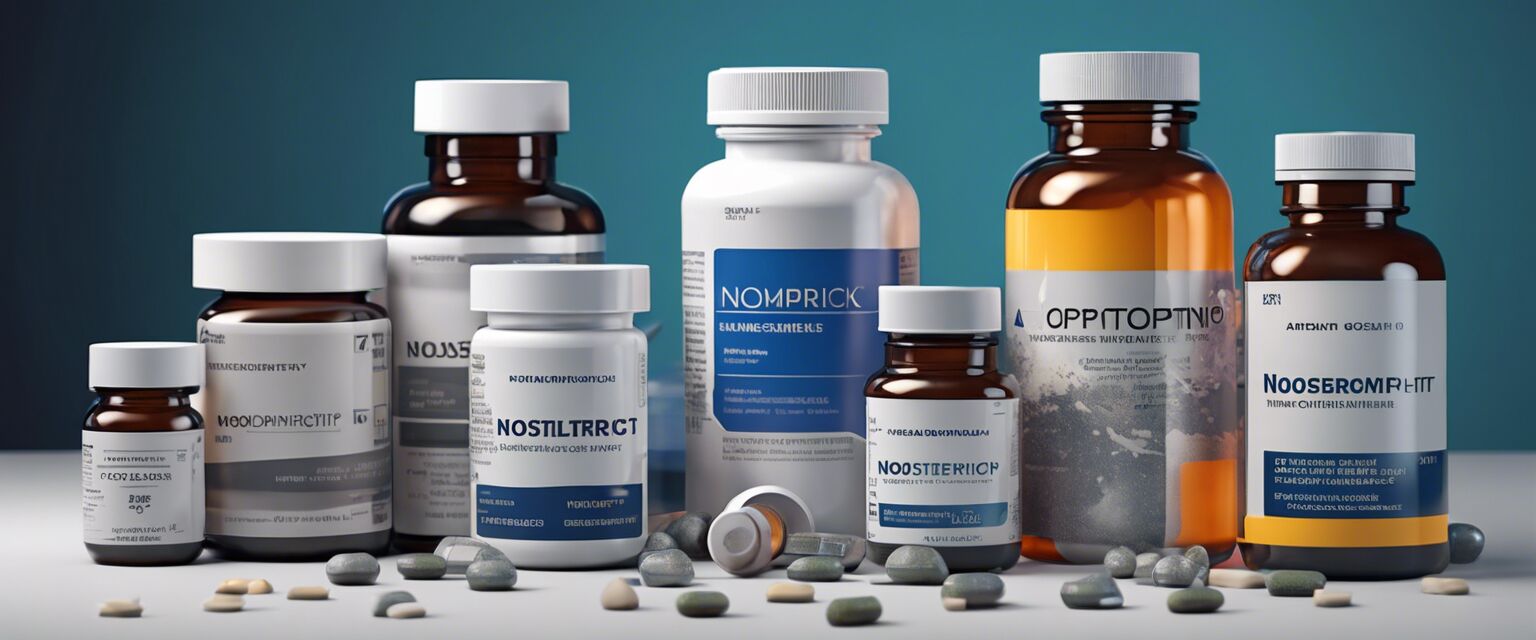
Nootropic Supplements and Mental Health
- Nootropic supplements can enhance cognitive function and mental clarity.
- They may assist in managing stress and improving focus during training.
- Understanding the types and benefits of nootropics is vital for athletes.
- Consulting a professional before starting any supplement regimen is recommended.
Nootropic supplements have gained popularity among athletes seeking to enhance their mental performance and emotional well-being. These cognitive enhancers can potentially improve focus, memory, and overall brain functionality. This article delves into how nootropic supplements impact mental health, focusing on their role in supporting athletes and their performance.
Understanding nootropic supplements
Nootropic supplements, commonly known as "smart drugs," are substances that aim to enhance cognitive abilities. They can range from natural herbs to synthetic compounds. These supplements are often used with the hope of boosting brain functions such as memory, creativity, and motivation. Here are some common ingredients found in nootropic supplements:
| Ingredient | Type | Potential Benefits |
|---|---|---|
| Rhodiola Rosea | Herbal | Mood enhancement, stress relief |
| Ginkgo Biloba | Herbal | Improved memory, increased blood flow |
| Panax Ginseng | Herbal | Energy boost, cognitive enhancement |
| Citicoline | Synthetic | Focus, memory improvement |
How nootropics impact mental health
The potential relationship between nootropic supplements and mental health is significant. For athletes, maintaining mental sharpness is as crucial as physical fitness. Here are several ways in which nootropic supplements may influence mental wellbeing:
Focus and concentration
Nootropics often help in prolonging attention span and enhancing focus, enabling athletes to train harder and stay on task longer. This increased focus can lead to better performance in high-pressure situations.
Stress management
Many nootropic ingredients are believed to assist in stress reduction, which can benefit athletes during demanding training sessions. Managing stress is crucial for emotional stability, particularly for individuals involved in competitive sports.
Enhancement of mood
Some nootropic supplements may help improve mood, allowing athletes to maintain a positive mindset even during challenging times. A positive mental attitude can significantly influence performance outcomes.

Nootropic benefits for athletes
Integrating nootropic supplements into an athlete's regimen may offer several advantages:
Pros
- Improved cognitive functions like memory and learning.
- Increased mental energy and reduced fatigue.
- Better stress handling and emotional resilience.
- Heightened levels of creativity and problem-solving skills.
Cons
- Possible side effects such as headaches or insomnia.
- Interactions with other medications.
- Variability in effectiveness depending on individual response.
- Potential for dependency on cognitive enhancers.
Types of Nootropic Supplements
Understanding the various types of nootropic supplements is essential for making informed choices. Below is a categorized list:
- Natural Nootropics: Derived from plants, often more gentle on the body.
- Racetams: Synthetic compounds known for cognitive enhancements.
- Noopept: A potent peptide that may boost cognitive performance.
- Amino Acids: Essential building blocks for neurotransmitters.
Choosing the right nootropic for you
When considering nootropic supplements, it is essential to evaluate personal goals and any existing health conditions. Here are some tips for selecting the right nootropic:
Beginnerâs Tips
- Research each supplement thoroughly before trying.
- Start with lower doses to assess tolerance.
- Keep a journal to track effects on focus, mood, and overall performance.
- Consult with a healthcare professional for personalized advice.
Potential side effects
While many nootropics are considered safe, some individuals may experience side effects. Common side effects can include:
- Nausea
- Headaches
- Insomnia
- Digestive discomfort
Itâs crucial to listen to your body and discontinue use if adverse effects occur.
Conclusion
Nootropic supplements hold significant potential for enhancing mental health and cognitive function among athletes. With diverse options available, understanding individual needs and goals is essential for leveraging their benefits. Always consult a healthcare professional before starting any new supplement regime to ensure safety and efficacy.

Further Reading
For more information on related topics, check out the following links:

